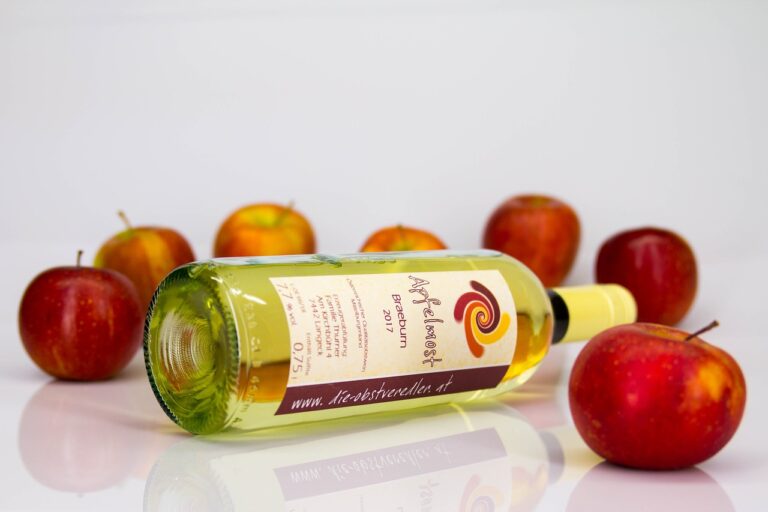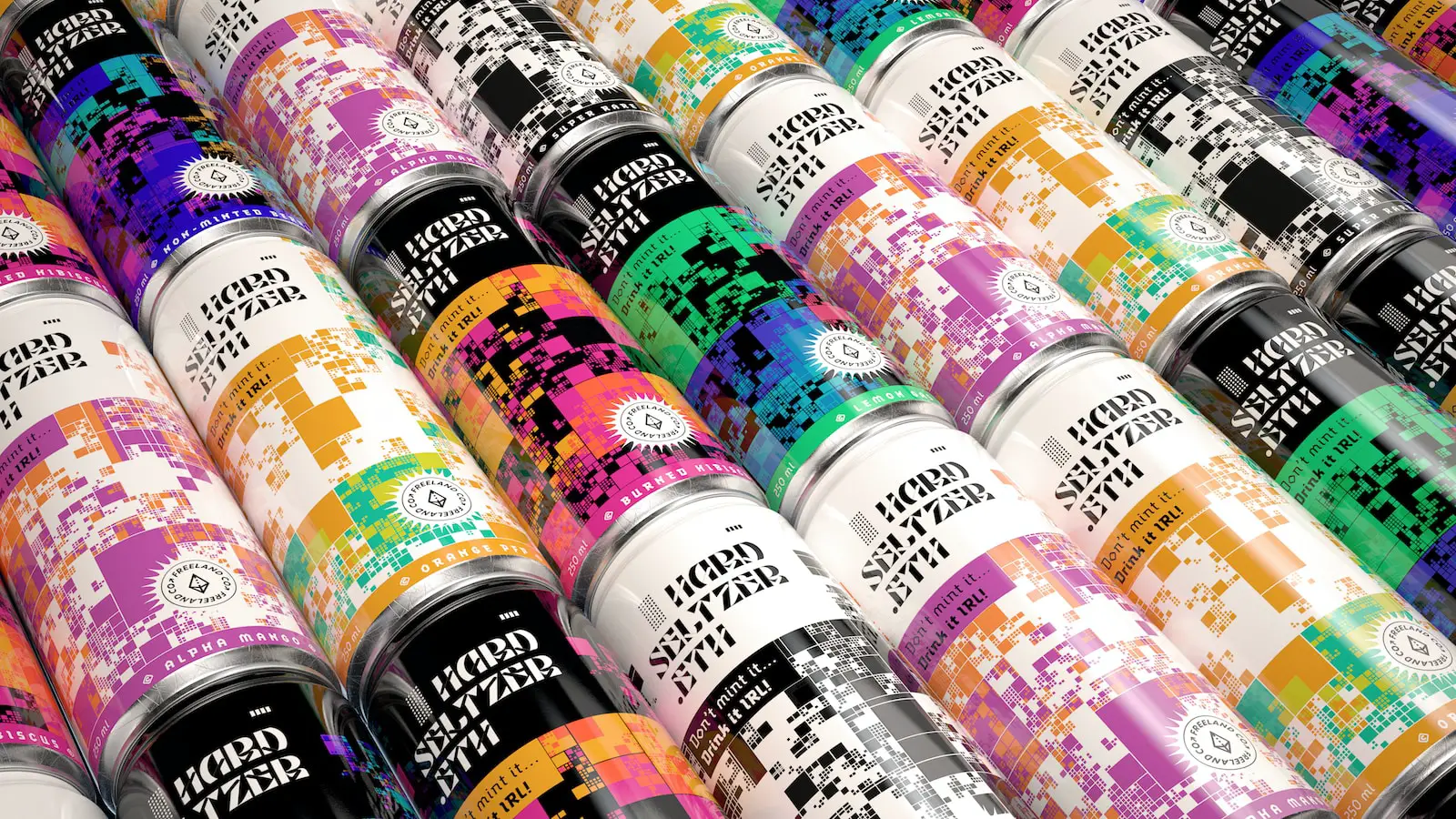If you’ve ever heard the old wives’ tale that vodka is the best remedy for a wound, you may want to take it with a grain of salt.
After all, it can’t hurt to be cautious when it comes to treating injuries—especially in times of pandemic or other emergencies.
So, let’s take a look at the reality behind using vodka to clean a wound.
In this article, we’ll take a closer look at why vodka isn’t always the most effective way of cleaning wounds and what alternatives you should consider instead.
Read on to find out more!
Can Vodka Be Used for Wound Care?
We get it.
You’re in a pinch and you need to take care of a wound quickly.
You hear that vodka can be used as an antiseptic, so is it the best option?
Can vodka be used for wound care?
The short answer is: it depends.
Using vodka topically may reduce any germs and help the healing process by increasing blood circulation to the area and reducing inflammation.
However, you should bear in mind that cleaning your wound with vodka may actually cause more harm than good in some cases.
Vodka can sting or burn sensitive skin or already irritated areas, it can also cause dehydration of the skin cells which could lead to increased scarring and longer healing times.
Benefits of Vodka for Wound Care
While vodka is not as effective as specially formulated solutions for cleaning wounds, it does have its benefits. Here are a few of them:
- Vodka has antiseptic and antibacterial propertiesthat can help reduce the risk of infection in a wound.
- It can provide relief from pain when used as part of wound care.
- Vodka also helps to accelerate healing by reducing inflammation, redness, and swelling.
- It is relatively inexpensive and easy to find at your local store or pharmacy.
It’s important to take caution when using vodka to clean a wound, however—it is not recommended to use it on open or deep wounds as it can cause further damage or discomfort.
How to Use Vodka for Wound Care
So, you may have heard a few things about using vodka as an antiseptic.
But if your wound is serious, it’s always best to consult your healthcare provider before trying anything out.
If you do decide to use vodka for wound care, here’s how to do it:
Sterilize the Vodka
First of all, you’ll want to make sure the vodka is sterile.
To do this, pour the vodka into a clean glass container and boil it for around 10 minutes.
This will help decontaminate it and get rid of any impurities.
Clean the Wound
Once your vodka is sterilized, use a cotton swab or gauze soaked in the liquid to clean out any debris from the wound and remove any dirt or bacteria.
Gently dab around the wound until it’s completely clean.
Be careful not to rub or scrub too hard as this can re-injure the area and make things worse.
Apply a Bandage
Once you’ve finished cleaning the wound with vodka, cover it up with a sterile bandage to protect it from further infection and promote healing.
If there is no sign of infection or if your wound doesn’t seem to be getting better after a few days of treatment, see your healthcare provider for further advice.
Safety Precautions When Using Vodka for Wound Care
Though using vodka to clean a wound can be effective, you should always err on the side of caution.
Before using vodka, make sure that the wound isn’t too deep and that it hasn’t become infected.
If your wound appears infected (red around the wound, inflammation, pain, and pus), seek medical help immediately.
Don’t try to use vodka as a ‘cure-all’!
Here are some safety precautions to consider when using vodka for wound care:
1. Dilution
Vodka is highly concentrated and should never be used full-strength on an open wound.
It must first be diluted in a ratio of one part vodka and one part sterile water.
Any higher concentration of alcohol can be too harsh for the skin and will lead to further damage.
2. Test reactions
It’s important to test for any reactions before applying vodka to the affected area.
Test a small area of uninjured skin first before proceeding with the treatment process.
Wait a few hours after application to ensure there is no redness or inflammation before continuing with the treatment plan.
3. Use caution with open wounds
It’s important to apply only gentle pressure when cleaning an open wound with diluted vodka solution.
Too much pressure can injure fragile skin and worsen the injury, so proceed slowly and carefully when cleaning the area in order to reduce the risk of further damage or infection.
Finally, make sure you keep your wounds covered with a sterile bandage once you’ve finished cleaning them in order to protect against possible infection or further injury during the healing process
Alternatives to Cleaning Wounds with Vodka
You may not want to use vodka, but there are plenty of alternative ways to clean a wound.
So, what should you do?
Soap and Water
The first option is the most basic, and one that you may be familiar with—using soap and water.
This will help remove any dirt and debris from the wound, so it can start healing.
Specialized Wound Cleansers
Finally, there are specialized wound cleansers made up of ingredients that work together to start the healing process.
These cleaners can help reduce swelling, pain, and scarring, while also helping prevent infection.
Conclusion
In conclusion, vodka is not an ideal nor recommended way to clean a wound.
Alcohol-based products, such as vodka, have the potential to cause more harm than good when used to clean a wound.
If you have a wound, it is best to clean it with mild soap and water, and then dress the wound with a sterile bandage.
If the wound is deep or you experience persistent symptoms of infection, it is best to seek medical attention.
Cleaning a wound with vodka carries a high risk of infection, and can cause lasting damage to the wound.









